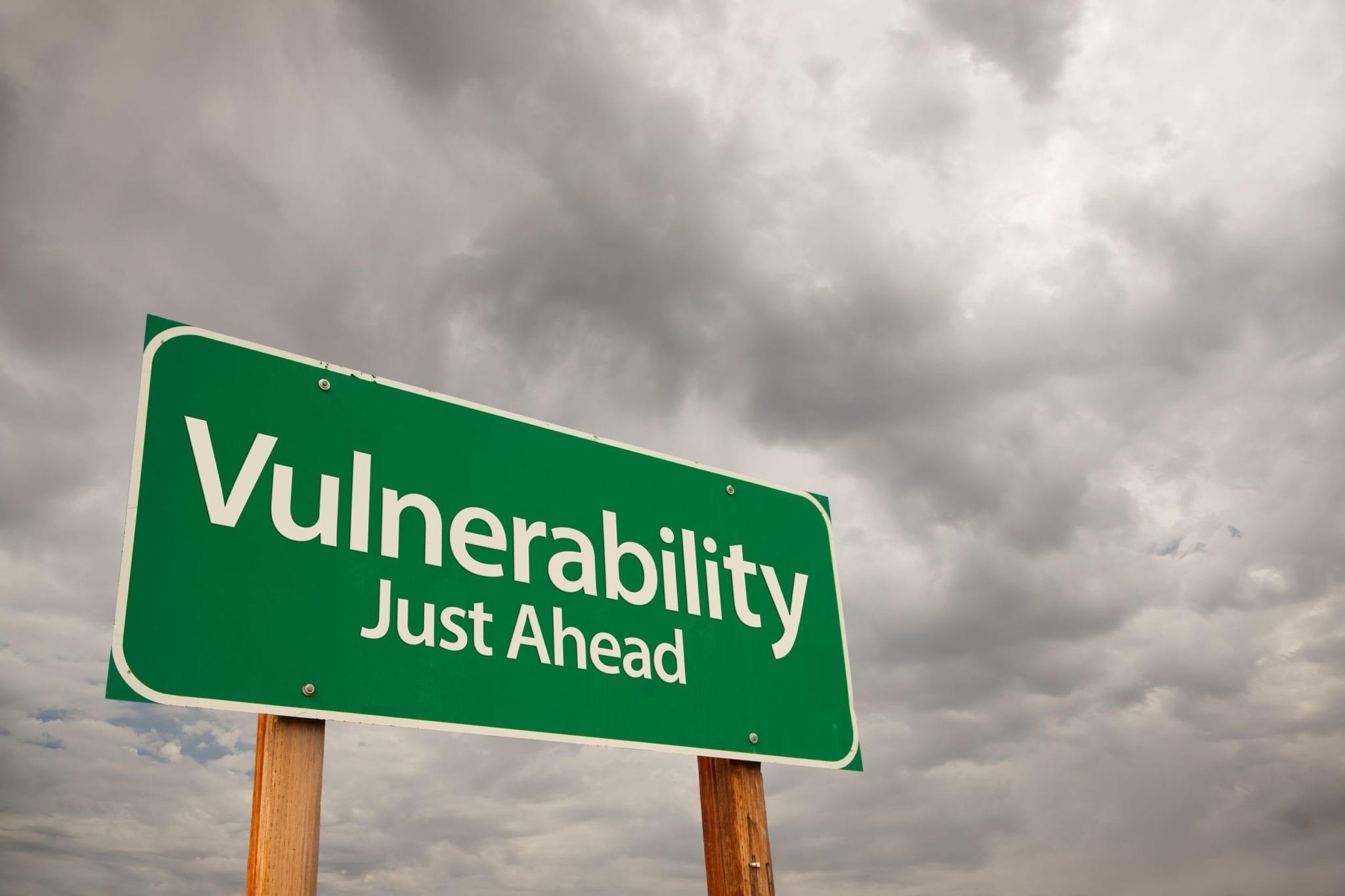We’re all too familiar with those yellow caution signs warning us about wet and slippery floors, but what if we could eliminate slick surfaces – and those ever-present signs – for good?
Coral Springs resident Michael Williams, who founded Safestep Floors, Inc. just this year, has made a Canadian-invented slip-resistant treatment process for floors available to South Florida home and business owners.
“Slip and fall accidents are the second leading cause of accidental deaths in North America,” Williams said. “I have seen firsthand the struggles our customers faced with slip and falls. We want to end slip and falls in South Florida.”
Falls are responsible for over 8 million visits to the emergency room every year, which is the leading cause – at 21 percent – of all emergency room visits. Slip and falls are responsible for over one million emergency room visits, which is 12 percent of the total number of falls. On top of that, slip and falls are the main reason people have to take days off of work.
If we could make our floors slip-resistant, then we could potentially save over 1 million people from getting injured, experiencing pain and suffering, having to deal with expensive medical bills, and needing to miss work.
So let’s first take a look at these impressive floors and then see what it could mean for Florida slip and fall cases.
Can Slip-Resistant Floors Make a Difference in Florida?
The idea of a slip-resistant floor might seem like a fantasy, but a number of Florida property owners are thrilled that the idea is now an actual reality.
So how can a floor become slip-resistant?
According to Williams, Safestep Floors provides “a cost effective solution for slippery floors through a process that creates an invisible tread design into the surface. It has been scientifically proven that the treatment increases floors slip-resistance up to 400% on a wet surface.”
The treatment also doesn’t change the look of the original flooring with special finishes or coatings because it’s invisible. So if you want to continue to show off your unique floor –without the risk of slipping and falling – you still can.
There is a one-year guarantee on the slip-resistant treatment, but it could potentially last longer depending on the amount of foot traffic the floor sees. The treatment will obviously last longer if there is less foot traffic.
As far as cost, Williams says, “It is affordable. Compared to the cost of replacing a floor, it is pennies.”
Pompano Beach resident Ann Burbridge treated her shower floor and says it feels wonderful. She originally used a slip-resistant mat in the shower, but said, “I don’t need it anymore. The floor doesn’t look different, but it feels safe and secure.”
Williams is hoping the slip-resistant treatment will continue to gain popularity for property owners. He is currently negotiating with the Florida Panthers to have the treatment done at the BB&T Center, and he says the Miami International Airport is trying to work the treatment into their budget.
How Can Slip-Resistant Floors Impact Florida Slip and Fall Cases?
If a person slips and falls in a business establishment, the business establishment could potentially be liable for damages pertaining to that fall if, according to the Florida statutes, they “had actual or constructive knowledge of the dangerous condition and should have taken action to remedy it.”
You would have to prove that the business owed you a duty of care and that they didn’t use reasonable care to maintain the premises. Then, because the business didn’t use reasonable care, you were injured.
What if, however, the floor was given the slip-resistant treatment? What happens then?
This past April, the American National Standards Institute issued their new standard for “the accepted ‘slip-resistance’ for floor safety.” Williams says his treatment process is higher than the national standard, and therefore, his customers “cannot be held negligent in the case of slips and falls. That is a major advantage as slip and fall accidents are the number one cause of accidental injury in hotels, restaurants and other public buildings.”
While this may be true, these slip-resistant floors also pose a number of questions and unknown situations when it comes to liability. For example, could property owners be held negligent simply for not having the slip-resistant floors to begin with?
We’ll see what happens with Williams’ slip-resistant floors, but if they can prevent unnecessary injuries or deaths, then perhaps more commercial and public places should work the treatment into their budget. In the meantime, if you’ve been injured in a slip and fall accident, reach out to an experienced South Florida slip and fall attorney today to see if you’re entitled to compensation for your damages.
About the Author:
Andrew Winston is a partner at the personal injury law firm of Winston Law. For over 20 years, he has successfully represented countless people in all kinds of personal injury cases, with a particular focus on child injury, legal malpractice, and premises liability. He has been recognized for excellence in the representation of injured clients by admission to the Million Dollar Advocates Forum, is AV Preeminent Rated by the Martindale-Hubbell Law Directory, enjoys a 10.0 rating by AVVO as a Top Personal Injury Attorney, has been selected as a Florida “SuperLawyer” from 2011-2017 – an honor reserved for the top 5% of lawyers in the state – and was voted to Florida Trend’s “Legal Elite” and as one of the Top 100 Lawyers in Florida and one of the Top 100 Lawyers in the Miami area for 2015, 2016, and 2017.
 Halloween a Dangerous Time for Florida Drivers, Too
Halloween a Dangerous Time for Florida Drivers, Too 


















